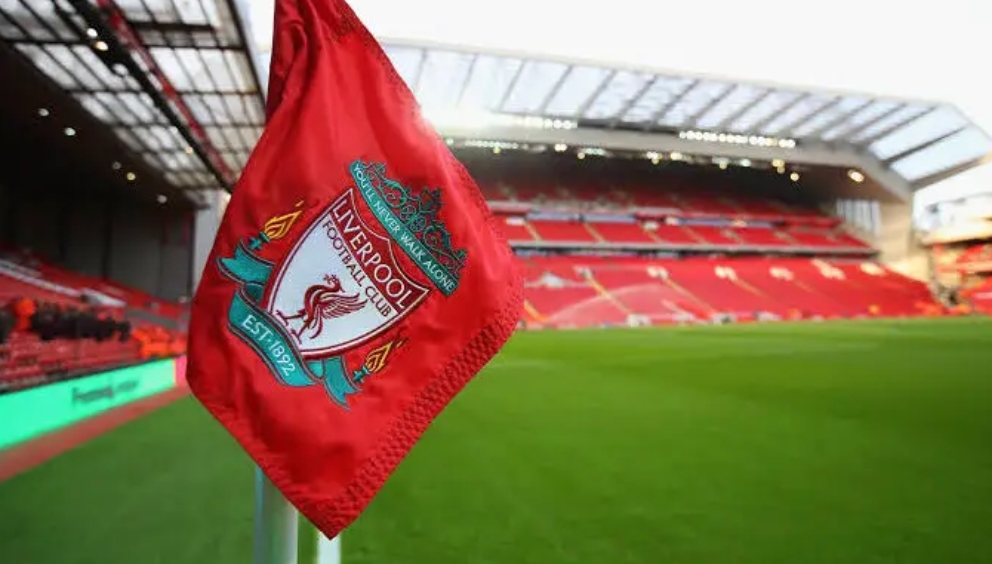In a groundbreaking decision, the Football Association (FA) and the English Premier League (EPL) board have retroactively awarded Liverpool a third goal following a controversial offside call in their recent clash against Manchester City. Initially recorded as a 2-0 win for Liverpool, the final score has now been officially amended to 3-0.
The disputed moment occurred in the 56th minute when Curtis Jones found the net, only for the goal to be ruled out after a VAR review, citing Dominik Szoboszlai’s offside position in the buildup. The decision sparked widespread debate among fans and analysts, raising concerns about officiating consistency.
After a detailed review, the FA issued a statement confirming the goal’s validity:
“Following an extensive analysis of match footage and discussions with VAR officials, it has been concluded that the offside call on Liverpool’s third goal was incorrect. Therefore, the goal has been reinstated, and the final score has been updated to reflect a 3-0 victory for Liverpool.”
This unprecedented ruling has intensified discussions about VAR’s role in modern football and the process of rectifying officiating mistakes. While VAR was introduced to improve decision-making accuracy, instances like this highlight its challenges and the controversies surrounding its use.
For Liverpool, the extra goal boosts their goal difference, a crucial factor in title races, while also reinforcing their dominance over a strong Manchester City side. Meanwhile, City faces the statistical and psychological impact of a heavier defeat.
Responses from the football world have been mixed. Liverpool manager Arne Slot welcomed the decision, saying, “It’s good to see justice prevail. The team earned that goal, and it’s only right it’s recognized.” In contrast, Manchester City boss Pep Guardiola responded cautiously: “We respect the ruling, but these issues should be resolved during the match, not after.”
This event underscores the ongoing debate over VAR’s effectiveness and the FA’s role in ensuring fair play. While technology aims to reduce human error, its implementation must be transparent and consistent to maintain trust in the game.
As the season unfolds, this decision will likely remain a major talking point, influencing discussions on officiating standards and the future of football’s decision-making processes. Clubs, players, and fans will be watching closely to see how similar cases are handled moving forward.


